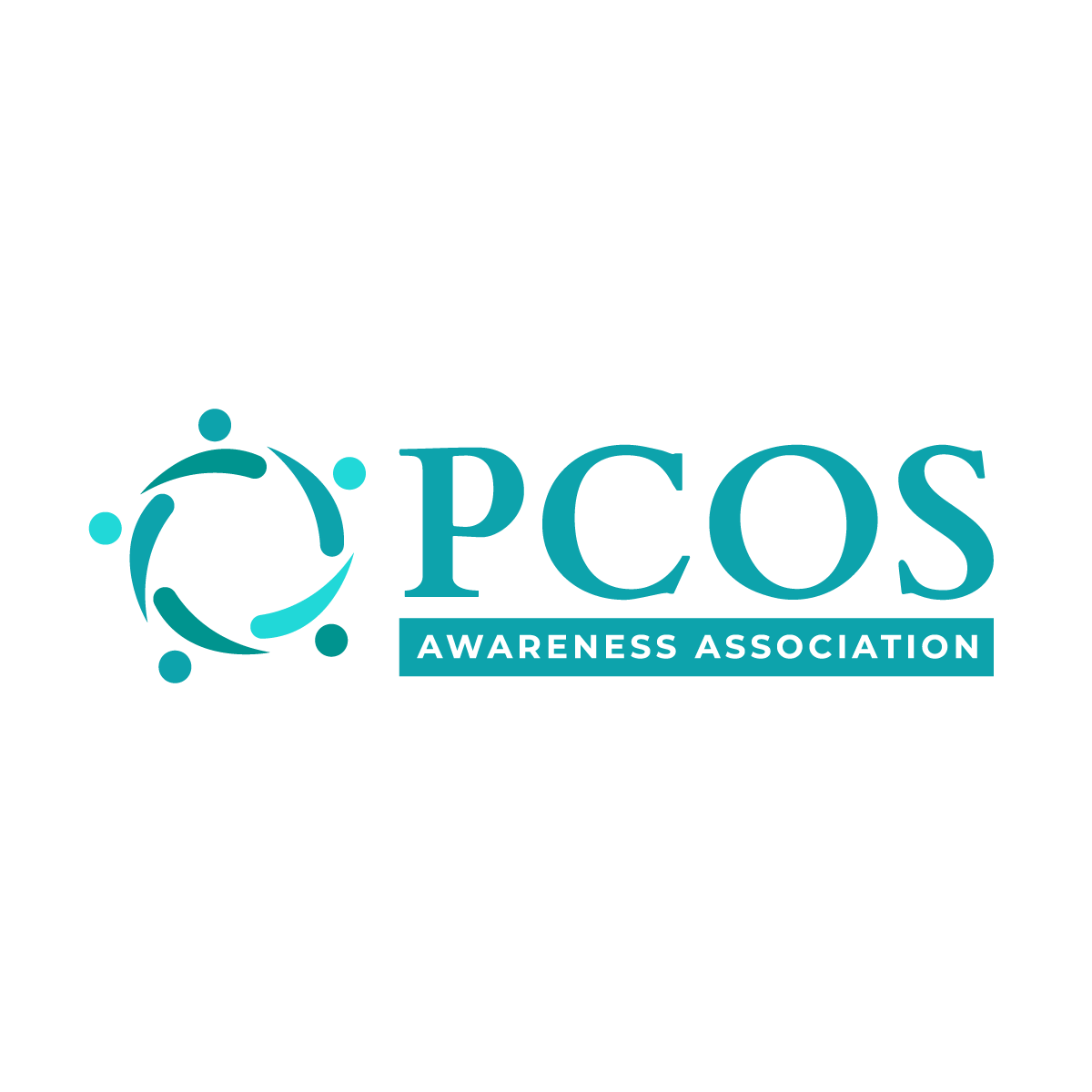PCOS Treatments
How to Treat PCOS
PCOS treatments focus on managing your individual concerns, such as infertility, hirsutism, acne, or obesity. PCOS treatments can include lifestyle changes like healthy eating and losing weight, or in some cases, medications can help. If a woman is not seeking to become pregnant, hormonal birth control (most often birth control pills) is a standard treatment.
Birth control pills. This is a common treatment to regulate periods and limit excess hair growth and acne by lowering androgen levels and protecting the endometrium (inner lining of the uterus) against abnormal cell growth. Regulating your hormones can lower your risk of endometrial cancer.
Pills that contain estrogen and progestin decrease androgen production and regulate estrogen. Older types of birth control pills have a lower risk for dangerous blood clots and are preferable over new types of birth control pills.
Instead of pills, you might prefer to use a skin patch or vaginal ring that contains a combination of estrogen and progestin.
Metformin. Although metformin is not approved by the FDA for the treatment of PCOS, many doctors prescribe it for PCOS patients. Metformin is a medicine that makes the body more sensitive to insulin. This can help lower elevated blood glucose levels, insulin levels, and androgen levels. People who use metformin may lose some weight as well. Metformin can improve menstrual patterns, but metformin doesn’t help as much for unwanted excess hair.
Many women who are diagnosed with PCOS are often automatically prescribed metformin. However, it's important to have a reason for taking metformin and not be on it just because of a diagnosis of PCOS. Discuss with your doctor the reason why you are taking metformin and whether it is providing a benefit to you.
Clomiphene (Clomid). This is an oral medication that is the most common treatment used to induce ovulation. The use of both metformin and clomiphene has about the same fertility results as clomiphene used alone. A benefit is that metformin may help reduce the risk for ovarian hyperstimulation syndrome (OHSS) (see also "What is ovarian hyperstimulation syndrome?”) during assisted reproductive technology (ART) fertility treatments.
Letrozole (Femara). Other treatments to stimulate ovulation include another oral medication called letrozole (Femara) and gonadotropins which are hormones that are given by injection. In vitro fertilization (IVF) and in vitro maturation (IVM) may be other fertility treatment options.
Lifestyle changes. Your doctor may recommend weight loss through a low-calorie diet combined with moderate exercise activities. Lifestyle measures to achieve a weight loss of 5%-10% in overweight women can help regulate ovulation and periods. Although the basic approach of nutrition is needed, it can be more challenging to lose weight and maintain weight loss with PCOS. Dr. Dunaif from Northwestern is very encouraged that even “a little bit of weight reduction and exercise can improve insulin sensitivity.”
Spironolactone. Drugs that curb androgen levels are another common treatment used for PCOS, although they are not officially FDA-approved for PCOS treatment. By lowering androgen levels, many patients have significant improvements in androgen-related symptoms such as excess hair. Spironolactone is the anti-androgen drug most often used.
To curb hirsutism (excess hair), Dr. Andrea Dunaif from Northwestern University typically starts patients with spironolactone. A 6-month trial is needed to show effects on unwanted hair, and she usually starts women at a higher dose. The unwanted hair doesn’t disappear but grows finer and lighter.
Improvement of acne generally comes more quickly. Unfortunately, this drug is unlikely to help with androgen-related hair loss (aka androgenic alopecia) which is more difficult to treat.
Two important things to note are that the long-term safety effects of use are not known (but the drug has been in use for decades already) and spironolactone IS NOT SAFE to take during pregnancy, so it is commonly used in conjunction with birth control pills.
This use of birth control pills also protects against abnormal growth of the lining of the uterus. Some women cannot take birth control pills, in which case it is important to use other means of birth control if you are sexually active while taking spironolactone.
Prescription creams. Treatments targeting the skin or hair more directly are also available to help with hair problems. These include the prescription cream eflornithine hydrochloride (Vaniqa), acne products, and cosmetic treatments such as laser therapy and electrolysis.
Vitamins.
Vitamins, supplements, and other complementary treatments are popular among women with PCOS. Researchers are studying the effectiveness of such treatments. Popular treatments include cinnamon, Myo-inositol, vitamin D, B complex vitamins, and acupuncture. We hope to share and explain the evidence for these and other treatments as well as research findings as they develop.
HealthySmartsMD also aims to aggregate data to provide collective evidence of the effectiveness or ineffectiveness of the various vitamins, supplements, and other complementary and alternative treatments women are trying on their own for PCOS.
Because the severity of PCOS can vary from person to person, treatment plans are highly individual. It’s extremely important to talk to your doctor about all potential treatment options. Remember to consider factors such as cost, desire to have children in the future, regular periods versus irregular bleeding, and effectiveness at preventing pregnancy if you’re not trying to conceive right now.
In October 2013, the Endocrine Society released new guidelines for diagnosis and PCOS treatments.

